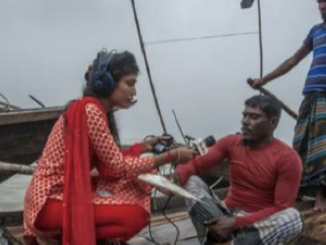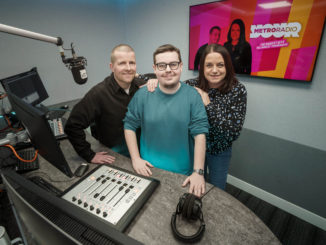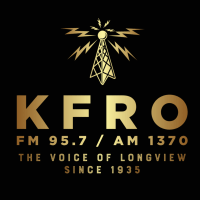
Community radio’s social impact in Bangladesh
Community radio in South Asia seems to caught in the crossfire between ‘development’ and ‘rights’ as restrictive legislation and cumbersome application procedures handicap the sector’s growth.Rules such as the ban on news broadcasting in India and in Bangladesh (where there is an exception for development-related news have prevented the emergence of an enabling environment for the sector in the region. At the same time, policy-makers increasingly acknowledge the social impact of community radio as a critical vehicle for poverty eradication.Bangladesh’s experience with community radio has demonstrated significant social impact over the past decade.Community radio is largely a rural phenomenon in the country and has been acknowledged for its contribution to addressing social iniquities like child marriages and natural disasters like cyclones and floods.In 2005, an AC Nielson survey observed that radio was one of the two mass media ‘that penetrates the poorest sections of society.’ A 2009 Bangladesh Institute of Social Research survey entitled Community Radio Readiness in Bangladesh reinforced Its popularity and credibility as a medium for social change, indicating that 94% of respondents ‘believed that radio can solve any community problem.’While this may be an oversimplification, a 2021 survey conducted by the Bangladesh NGOs Network for Radio and Communication (BNNRC) suggests similar insights in terms of both listenership and trust.The survey also shows that community radio listenership jumped from 6.8 million to 10 million in less than 3 years – surely because of the pandemic. Listeners emphasised that the pandemic had created ‘panic, especially during its early stage when there was no vaccine and there was a paucity of appropriate healthcare. Miscreants had also been spreading misinformation on social media.’It was during this stage that community radio stations across Bangladesh began a concerted campaign comprising community service announcements, interviews with government officials and experts, radio jingles and spots, interactive phone-in programmes with doctors and health expertsBangladesh community radio’s efforts to combat covid-19 have been internationally recognised at the UN World Summit on the Information Society 2021 at the International Telecommunication Union Headquarters in Geneva.Community radio has created scope for the poor and marginalised community to raise their own voice; it is a voice for the voiceless. It has become a new platform for local elected representatives, local law enforcers, the private sector and civil society to facilitate good governance.A distinctive contribution of community radio lies in its ability to give voice to the excluded, and to bring peripheral voices from the margins to the centre. Bangladesh’s recent track record in this regard would also indicate ground for measured optimism.In 2015, Free Press Unlimited, a Dutch independent information advocacy group, and the Bangladesh NGOs Network for Radio and Communication (BNNRC) conducted a study titled Pioneering Connecting and Empowering Voice for Change, to evaluate the participatory nature of community radio for the marginalised in Bangladesh. The study encompassed 18 operational community radio stations across the country.This highlighted that community broadcasting had had a constructive impact on the participation of women, along with marginalised sections such as the Dalit community, transgender actors and persons with disability.BNNRC conducted a similar follow-up study, tracking the participation of women, in 2017. This indicated that the gap in participation between average youth-men and youth-women had narrowed substantially over the years, with women comprising 45% and men comprising 55% of all regular and volunteer broadcasters.The gap continued to close when the data was further disaggregated. Out of all regular broadcasters, 63% were youth and 47% were youth-women.[1] The study also observed that many community radio stations were led by women, while one of the stations is entirely run by women.In 2021, trends suggest a substantial deepening of the sector in terms of both community engagement and social impact.Community radio advocates in Bangladesh have embarked on an innovative strategy of using fellowship programmes to incentivise participation from disadvantaged groups. The fellowship programme incorporates training on community media journalism, fact-checking, research and new media marketing.While community radio listeners are used to listening through low-cost radio sets, there has been a seismic shift; in 2021, most listeners tune into radio programmes through their mobile phones. Community radio stations have thereby started internet broadcasting, essentially going into the podcast model.A BNNRC survey in 2018 indicated that audiences increasingly favoured podcasts – visual programmes with a ‘watching’ option as they ‘listen.’These trends indicate that community radio broadcasting in Bangladesh has moved firmly from the initial phase of legitimisation and awareness-building into the consolidation growth phase.Community radio in Bangladesh has reached a point where it is empowering the people at the margins with the right to the information that has an impact on their lives. For more insights, read the full article by Asha Sen, Professor at the University of Wisconsin-Eau Claire, AHM Bazlur Rahman, the co-founder and CEO of Bangladesh NGOs Network for Radio and Communication and Ashish Chandra Sen, Founder President of the World Association of Community Radio Broadcasters Asia Pacific. […]





